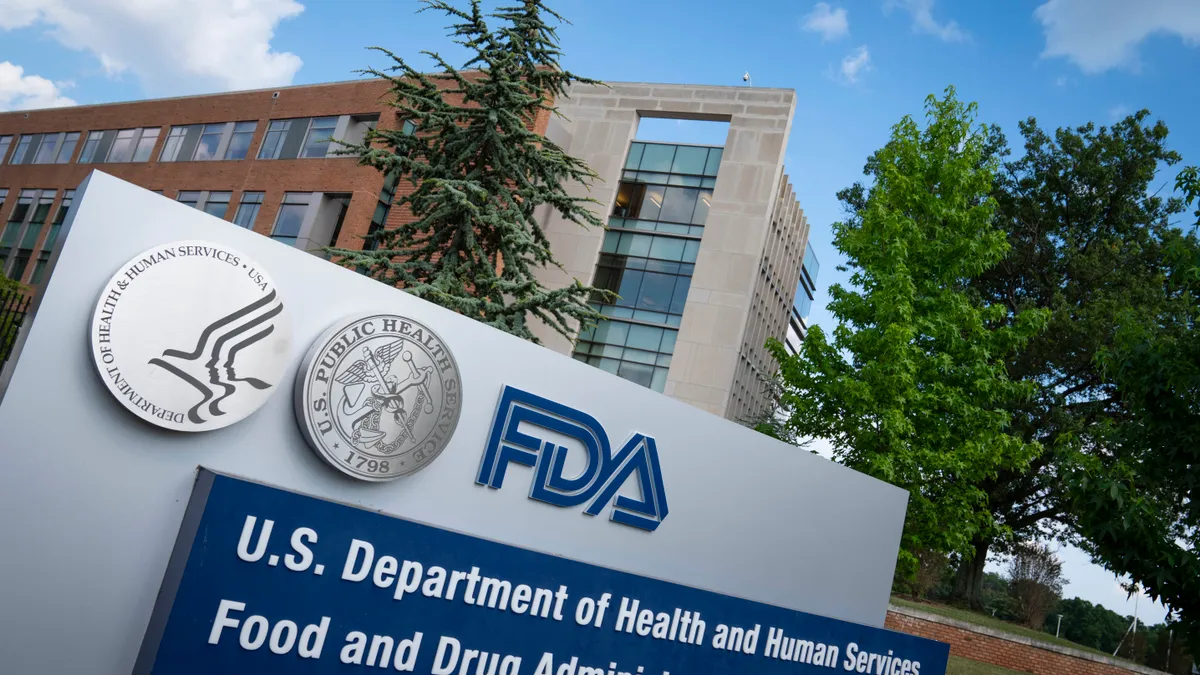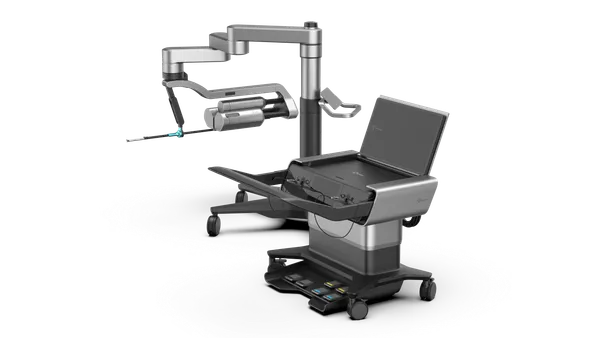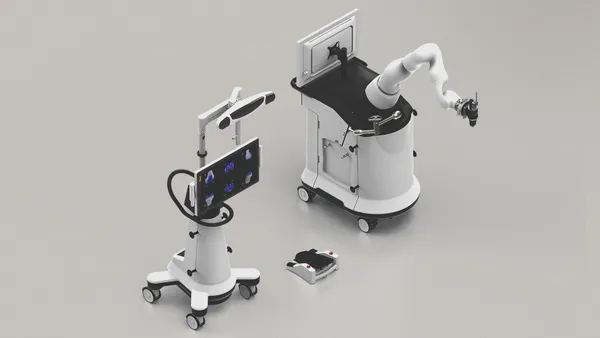Dive Brief:
- The Food and Drug Administration has published draft guidance on running decentralized clinical trials that perform some or all activities away from traditional study sites.
- In the guidance, which applies to drugs and devices, the FDA discusses what device-related tasks can be done off-site and how to limit variability to ensure data can support regulatory approvals.
- Analysts at Cowen said the draft could reassure sponsors they can run decentralized clinical trials without complicating approvals, adding that some FDA statements in the guidance “amount to cheerleading for the approach.”
Dive Insight:
The COVID-19 pandemic accelerated the transition to decentralized clinical trials by forcing study sponsors to limit face-to-face interactions between participants and site staff. With the pandemic validating technologies and methods that enable hybrid and fully remote clinical trials, the FDA has set out its thinking on how sponsors can keep using decentralized trials to bring down barriers to participating in studies outside of the COVID-19 crisis.
Most of the draft guidance applies to drugs and devices and covers topics such as trial design, remote clinical trial visits, the responsibilities of the sponsor, and investigator and safety monitoring plans. The FDA also has included a short section on specific considerations for medical devices.
In the section, the agency says sponsors should “consider the type of medical device, its intended use, its instructions for use, and whether it is a significant risk or nonsignificant risk device” when evaluating whether a product is suitable for testing in a decentralized trial. While home-use devices that do not pose significant risks may be used without supervision, qualified personnel should administer other technologies, it added.
Even if a device needs to be administered on-site, it may be possible to perform follow-up procedures via telehealth visits, at the participant’s home or in local healthcare facilities, according to the FDA.
“A telehealth visit may be appropriate if an assessment in that setting does not pose significant risk to trial participants and, in such settings, adverse events can be (and are) properly assessed and documented,” the draft states.
In a note to investors, analysts at Cowen, citing their consultants at Prevision Policy, wrote that while “the focus on steps to reduce variability in data collection is understandable and necessary” the draft’s main message “is reassurance for sponsors considering decentralized approaches that they are not taking undue risk of outcomes that will complicate regulatory approvals.”
The FDA, which is accepting feedback for 90 days, is advising sponsors that seek to run decentralized clinical trials to discuss “specific issues related to the feasibility, design, implementation or analysis” at meetings with its review teams.












